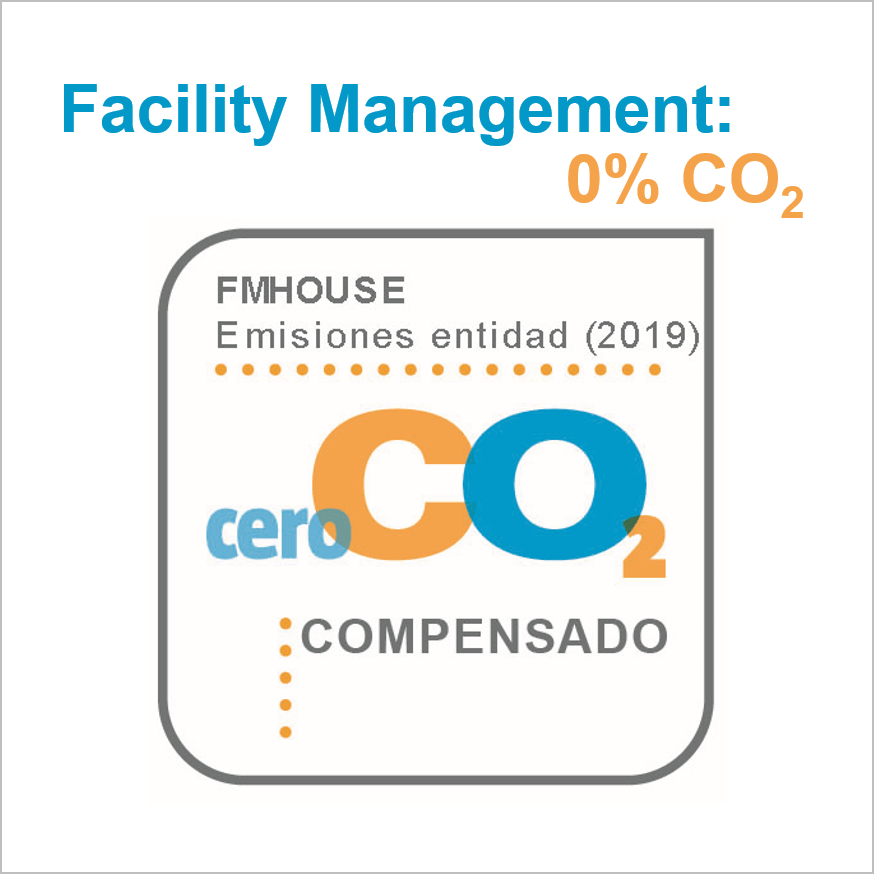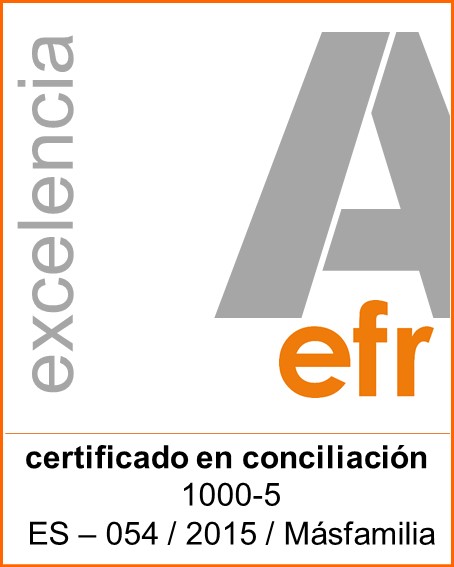British scientists estimate that Earth has lost 28 billion tonnes of ice over the last 30 years. That is enough to cover the entire surface of the United Kingdom with a 100-metre thick layer. We are not going to assess whether it is due to climate change or for another reason, it is the plain truth and has simply come about. Another fact is that most of the activities carried out by humans result in the emission of significant amounts of carbon dioxide which, if not absorbed, accumulate in the atmosphere, escalating the greenhouse effect.
The most abundant greenhouse gases, in order of effect, are water vapour, carbon dioxide, methane, ozone and nitrous oxide. The name is derived from the fact that they absorb and emit radiation in the infrared range. Were there no such thing as the greenhouse effect, the average temperature of Earth would be -14°C instead of +15°C we have today. Therefore, this effect is necessary. Problems start when there is an excess of “greenhouse” gases and Earth overheats, causing an imbalance that may prove fatal. And that is precisely what is happening.
Of all the CO2 that is emitted, a quarter is absorbed by the oceans and a quarter by the biosphere. This comes at a price, especially for the oceans, which are suffering from severe acidification, the future consequences of which are still to be seen. The biosphere is losing its absorption capacity: over the last 30 years, 420 million hectares of forest have been lost, an expanse equal to the surface area of Mexico and Spain. The fewer the plants and trees, the more CO2 is emitted into the atmosphere. That is why the private sector, as well as governments, must take immediate action to help absorb that excess amount. It is said that we are 11 years away from a point of no return, after which the situation will be irreversible.
For all the above reasons, in 2012, FMHOUSE decided to offset its entire carbon footprint, something we are still committed to. To execute the initiative in 2019, we had to wait until the end of August 2020 to ascertain the total number of tonnes of CO2 produced. The reason for this is that when calculating the footprint generated by day-to-day activity on one hand, and specific emissions of each project on the other, it hadn’t been possible to determine the total number of tonnes until now, since projects which had started the previous year were still underway. On finalising our most recent work, we have completed the data to offset one hundred percent of the footprint generated by our activity as a whole.
To achieve this, we continue to rely on the NGO ECODES and CeroCO2 certifications, as they offer us different projects in different regions, allowing us to choose those that are closest to our clients. By operating in their vicinity, we amplify the scope of compensation. We hope that with our small contribution, we will encourage other companies to do the same. This planet does not belong to you; you merely look after it for the next generation, as the slogan of a well-known watch brand says.









